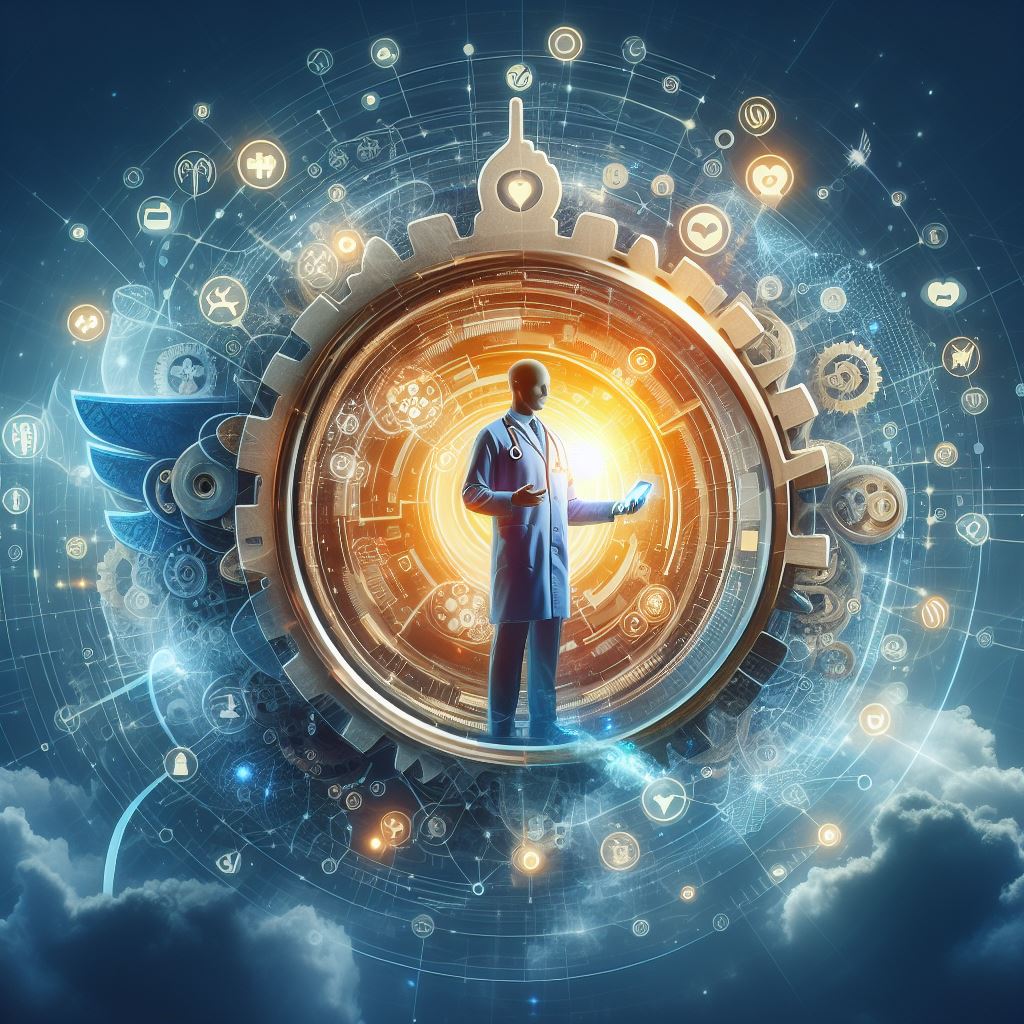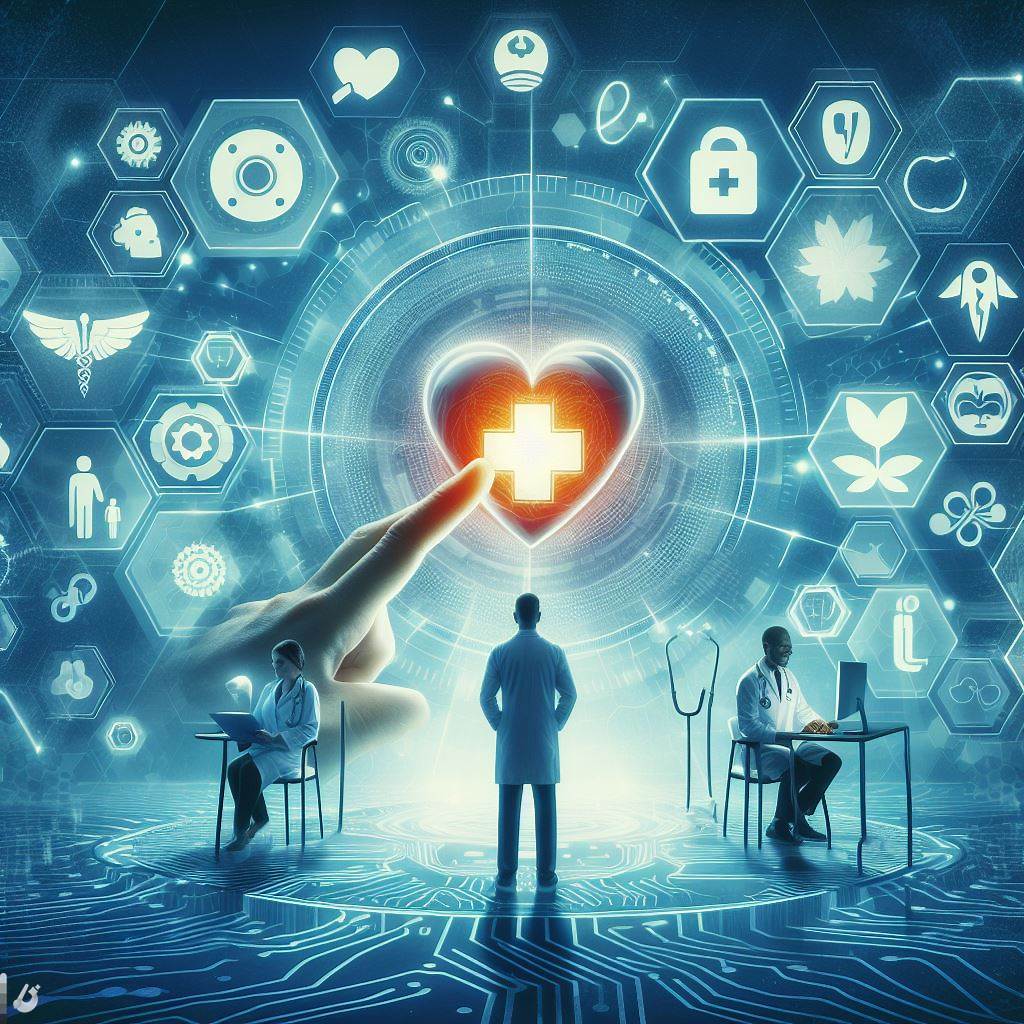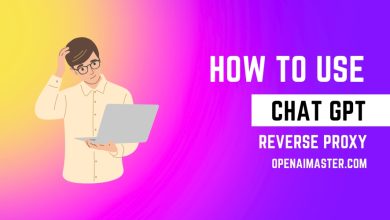Contents
- 1 AI in Medicine: How ChatGPT Shapes the Future of Healthcare
AI in Medicine: How ChatGPT Shapes the Future of Healthcare
The emergence of AI in healthcare marks a significant shift, offering promising solutions and tools to revolutionize the medical landscape. Among these innovations stands ChatGPT, an AI-powered chatbot that’s reshaping how individuals perceive and manage their health concerns.
Understanding ChatGPT: A Breakthrough in Medical Assistance
ChatGPT operates as an AI chatbot leveraging the GPT-3.5 large language model. It compiles and organizes information from the web, responding conversationally to user queries. Available to everyone for free, its capacity to swiftly gather and personalize data presents a new approach to self-diagnosis and health-related inquiries.
The AI Doctor: AI Doctor by David Shapiro showcases a full clinical experience, emphasizing the role of AI in healthcare and the future of medicine.
The Role of ChatGPT in Healthcare Evolution
Facilitating Disease Diagnoses and Medical Exams
AI DOCTOR assists in disease diagnoses based on symptoms, providing users with a comprehensive understanding.
AI doctor will see you now: ChatGPT takes medical exams, as showcased by Cybernews, demonstrating its capability to navigate medical assessments.
Integration in Medical Education
A Guide to ChatGPT (AI) for Medical Students is an illustrative resource for medical students and faculty, outlining the application of ChatGPT in medical education.
Enhancing Doctor-Patient Communication
The integration of AI models like ChatGPT, as highlighted by British Columbia Medical Journal, offers effective communication of complex medical information to patients, fostering better engagement.

Advantages and Limitations of ChatGPT
While ChatGPT proves beneficial in generating doctors’ notes and assisting in preliminary diagnoses, caution must prevail. Its capability for hallucinations might present misleading or inaccurate information.
Empowering Patients with Information
ChatGPT serves as a valuable resource for patients to frame questions and concerns before doctor visits. However, relying solely on AI-generated data without professional medical advice might lead to missed diagnoses or unnecessary anxiety.
Leveraging AI at Doctor Visits: Recommendations for Users
Framing Conversations with Doctors
Users can prepare for appointments by seeking AI’s assistance in framing their concerns. Employing the ICE method (Identity, Express, and Expectations) can facilitate effective communication with healthcare providers.
Engaging AI for Better Understanding
ChatGPT aids in deciphering medical jargon and diagnosis explanations, assisting individuals in comprehending their health conditions.
Embracing AI with Caution and Curiosity
AI, notably ChatGPT, stands as a powerful tool in healthcare, offering insights and aiding in preliminary understandings. However, its role should complement, not replace, professional medical advice.
FAQs:
- Is self-diagnosing with ChatGPT recommended? While ChatGPT offers insights, it’s crucial to consult a doctor for accurate diagnoses and avoid relying solely on AI-generated information.
- Can ChatGPT replace professional medical advice? ChatGPT serves as a supplementary tool and should not substitute for professional medical consultations.
- How should users utilize ChatGPT for doctor visits? Users can leverage ChatGPT to frame questions, comprehend medical explanations, and prepare for discussions with healthcare providers.




